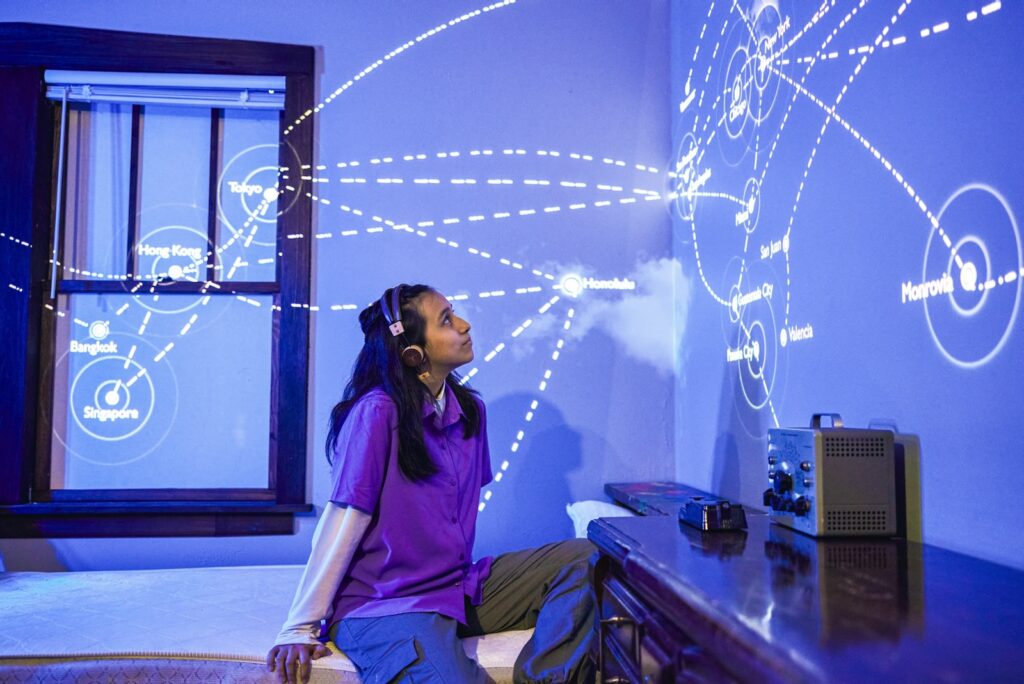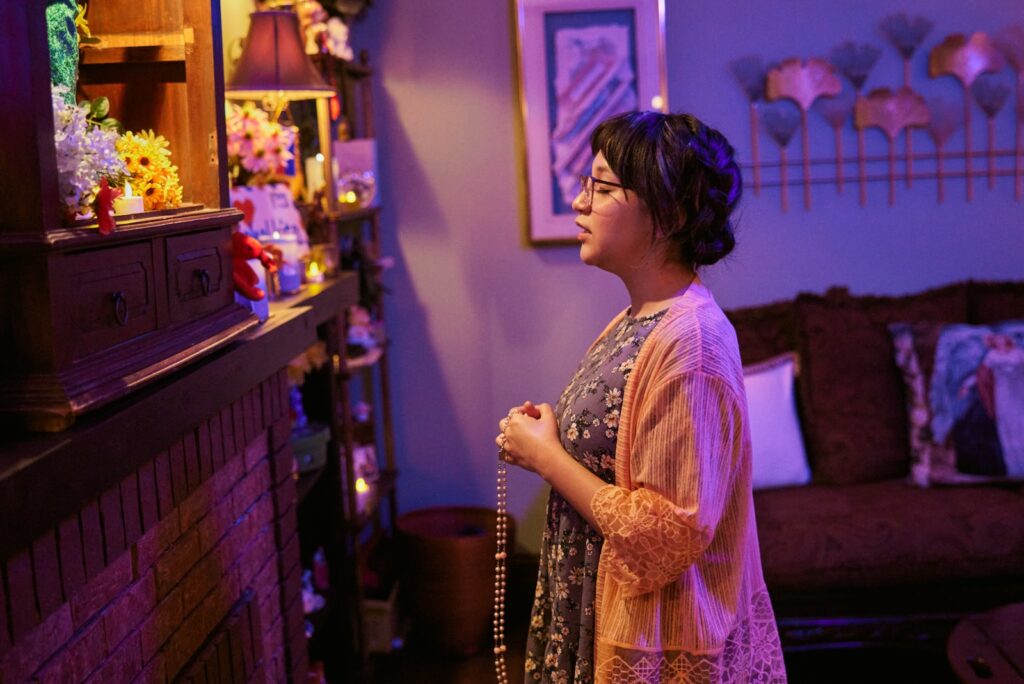chicago tribune REVIEW: * * * * 4 Stars! 'port of entry' is a tribute to those who came first
First came the Germans and the Swedes. Then Russian Jews, a group that remained dominant through the 1960s. By the late 1980s, there were Koreans, Filipinos, Mexicans and Guatemalans. And Somalis, Pakistanis, Romanians, Cambodians, the Burmese, and folks from the former Yugoslavia, and, and, and. By this century, the Chicago neighborhood of Albany Park was recognized as one of the most diverse neighborhoods in the nation.
The 26-year-old Albany Park Theater Project has a new home now on Montrose Avenue, in the heart of Albany Park. The kids who spend their summers, and some of their school year, working with the young people’s theater company typically are the second, or the third, generation of their families to reside in Chicago. And inside a former storage warehouse, the company has built a formidable tribute to those who came first.
And that, frankly, is what kept firing through my head last week when I saw “Port of Entry.” Most of us are aware that we stand on the shoulders of parents and grandparents, even if it takes us a few years to realize that truth. But few of us, especially while we are young, get such a chance to articulate who we are, why we are, where we are.
The talented teenagers in this show, all of whom have been taught that great theater always means taking a shared breath and drinking in the possibilities of the moment, have been given a gift and they run with it through the faux apartment building that their company, working with Third Rail Projects, has built inside this portal.

Only 28 people can see this immersive show at once. In essence, you are led by a cast member into the apartment building (it’s not real, but you’d swear otherwise) as if you were a guest of the entire building. You share drinks and snacks and watch cultural rites of passage. You share worry and sadness over a family member struggling to cross a border or the loss of employment. You spend time in kitchens and living rooms and even outside on what feels like a porch or a pocket urban backyard.
From time to time, you are taken off into someone’s private space; not everyone experiences the same show and although the piece is hyper-realistic — at times you pinch yourself that these spaces are artificial — it is not confined by prosaic reality. Young people take you into their closets and show you their worries and dreams, often physically manifested by elements of the natural world. Often, you do stuff with the cast: you make crafts, you dance, you take part in rituals, you play Lotería. It’s all warm, forgiving, fun.
Neophytes at APTP often are blown away. They don’t always know why, although the truth is that it has to do with emotional intensity and engagement. I’ve seen many of their shows across the years, of course, so I know what this theater does, if not always how. But even by those vaunted historical standards, “Port of Entry” is an astonishing piece of work; the actors are simply wonderful, but you are most likely to leave thinking about and still feeling the pulse of this physical environment. There is much to be said for this show being where it purports to be and not in a theater.

At one point in the production, which takes about two hours to experience, the piece becomes something other than the experiences of each of the resident families, as performed at least in part by kids who are growing up with these traditions.
There is a room that is dedicated to a port of entry in the broadest possible sense: the idea that certain places hold profound familial histories. Museums are one thing, but there are apartment buildings in Chicago that have housed successive generations of immigrant families from all corners of the world, hosted their parties, been the locus of their sorrows and losses. They have moved on. Their old apartment remains.
If you go and see this show — and you truly should, for it is beautiful and fresh and a work of reconciliation — you’ll never again travel through Albany Park without turning your head and looking up anew at its windows.

